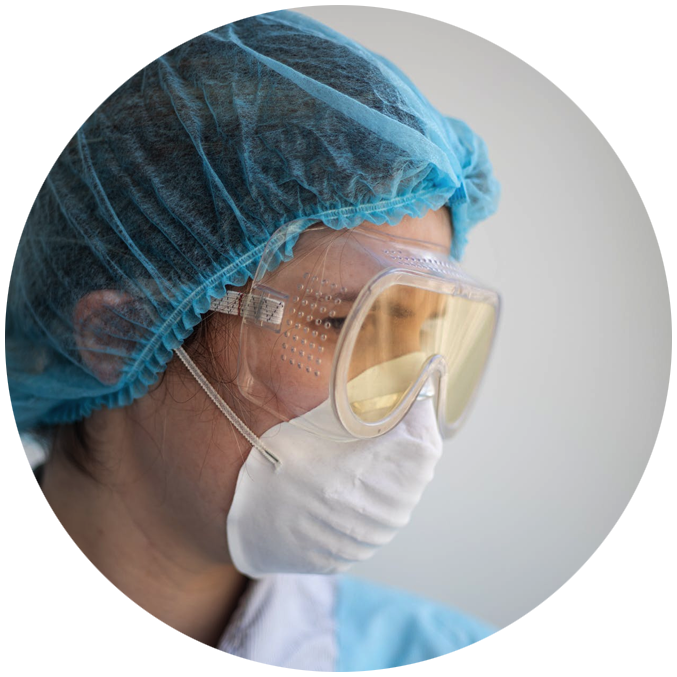COVID-19 Programs
Physicians were already suffering from burnout at alarming rates before COVID-19 hit. Now, they are being called upon to do whatever is needed, without any preparation, to battle the pandemic. Healthcare organizations need to provide support NOW to address the emotional impact of the pandemic on their providers.

I offer a variety of accessible, short-term coaching programs for individuals and groups to address the stressors encountered during the pandemic.
Opportunities to process feelings of uncertainty, social isolation, anxiety, fear, financial instability.
Accessible interventions including individual coaching sessions, focused small group sessions, and drop-in large group sessions.
Resources for self-care, building resilience, supporting peers, and integrating mindfulness into leadership and daily interactions.
All programs are conducted using video conferencing in accordance with social distancing protocols.
PROGRAM OPTIONS:
Individual Coaching Sessions
One-to-one 30-minute coaching sessions supporting providers in identifying a specific challenge, a desired goal or outcome, and creating a path forward to address it.
Small Group Coaching Sessions (maximum of 12 participants)
45-60 minute facilitated interactive sessions focused on specific themes related to coping in a time of crisis with an experiential component of self-care practices.
Large Group Drop-in Coaching Sessions (unlimited number of participants)
30-minute facilitated “drop-in” sessions focused on mutual support through sharing experiences during the pandemic.
Resources for General Staff
Articles and short videos related to practices and tools to support resilience and provider well-being (websites, Apps, etc.)

At a Critical Crossroads: Post-Traumatic Stress or Post-Traumatic Growth for Healthcare Providers
Joe Sherman, MD, FAAP
While conducting rounds on the adult cancer unit, our team stopped outside a patient’s room for the intern to present. But he was nowhere to be found. As the attending physician became impatient, the intern ran up with a shocked look on his face. The attending angrily asked where he had been. The intern solemnly stated, “I just saw Dr. Peters jump off the 15th floor balcony of the hospital.” As a third-year medical student on the team, I immediately felt faint and confused. Our attending replied, “That’s a shame. He was a sick man. OK, on to the next patient.” There was no hesitation, no pause to process what we had heard and what this poor young physician witnessed. I stood there silent like an obedient student following my mentor’s example and continued with my work, never to discuss this tragedy in any formal way.
We physicians are trained in solving problems, swallowing emotions, and moving on to the next task at hand. For those of us raised as male in American culture, this is reinforced by what we’ve been taught our entire lives. This can serve us well when handling emergencies and making fast decisions to save lives. But when compartmentalization extends to everything we do, day and night, the vicarious trauma we absorb never gets processed. We end up overwhelmed, isolated, and burned out.

